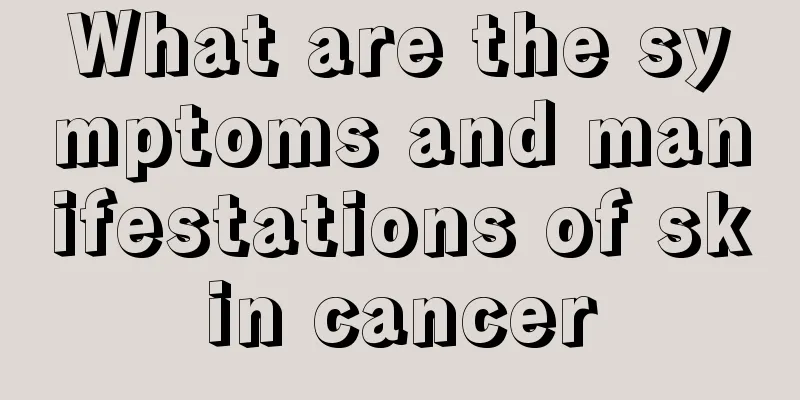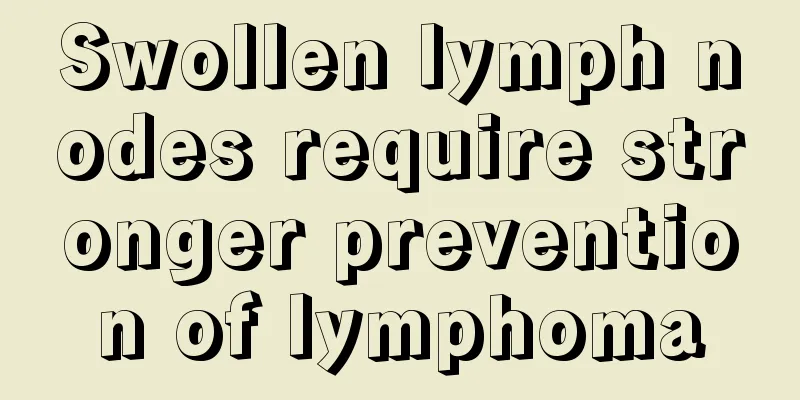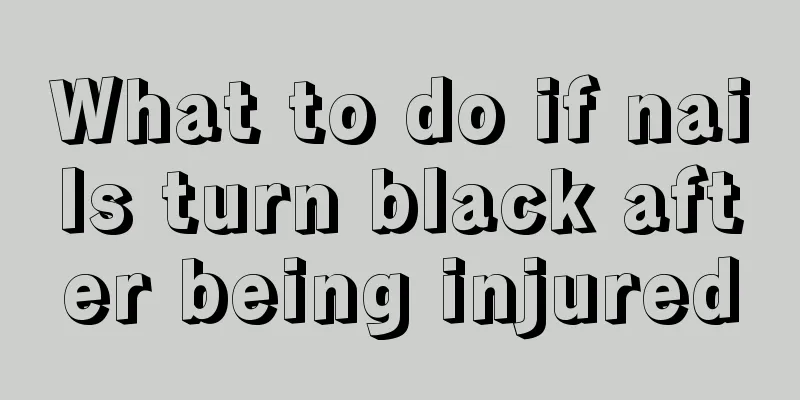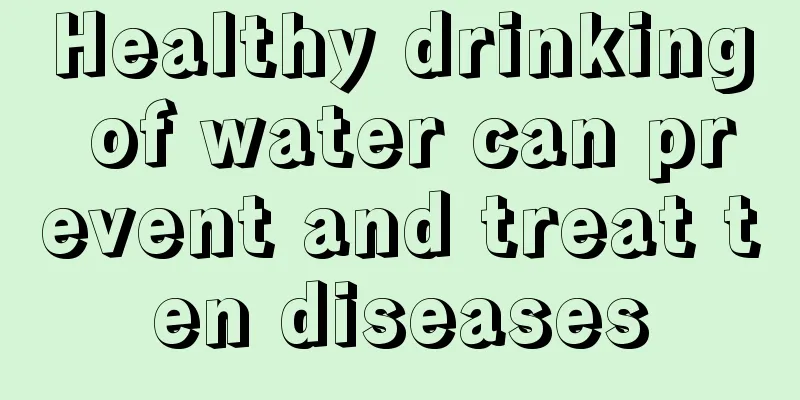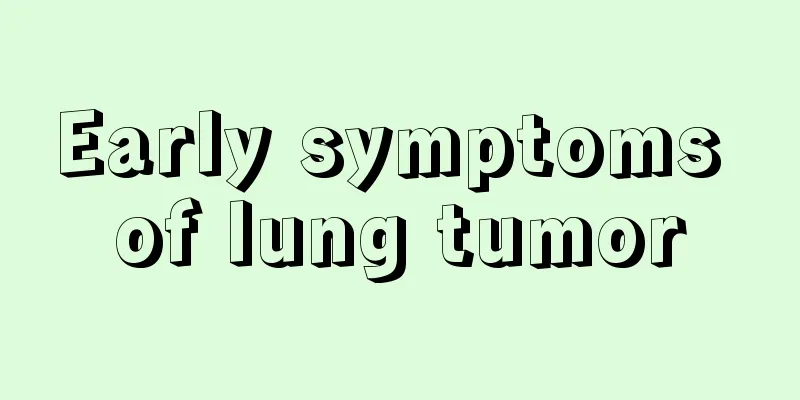What are the symptoms of intestinal polyps
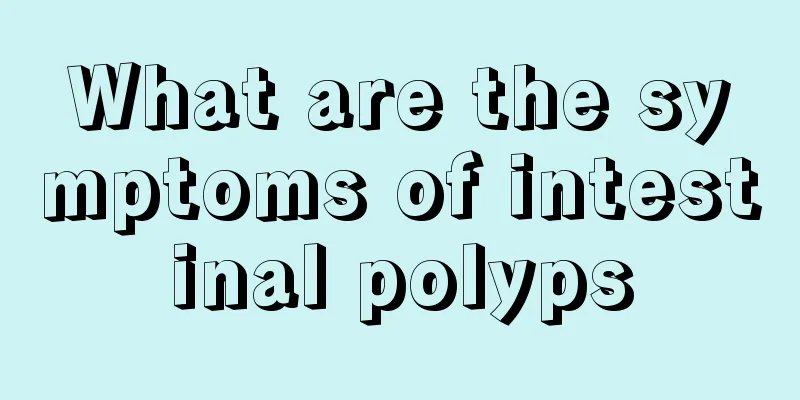
|
Intestinal polyps mean that there is a problem with the patient's intestines. Intestinal polyps are often related to inheritance, inflammatory hyperplasia after suffering from some diseases, external environmental influences, and daily eating habits. The symptoms of intestinal polyps may sometimes be similar to those of other diseases, so they are easily ignored, resulting in missing the best time for treatment. 1. Blood in the stool Patients with colon polyps will have intermittent blood in the stool or blood on the surface of the stool. The color of the blood is mostly bright red. If secondary inflammatory infection occurs, mucus or bloody mucus in the stool may appear. Patients will have tenesmus, or even constipation or increased frequency of bowel movements. If the polyp is located close to the anus, the polyp may protrude from the anus. 2. Changes in bowel habits Changes in bowel habits mainly include changes in the frequency and timing of bowel movements, or unexplained constipation or diarrhea. If constipation and diarrhea occur alternately, you must pay attention, as this may be a manifestation of colon polyps. 3. Abnormal stool characteristics For normal people, the stool should be round in shape, but for patients with colon polyps, the stool may become thinner or flat due to the squeezing of the polyps, and sometimes even contain blood. 4. Abdominal pain This situation is relatively rare in patients with colon polyps. Generally speaking, it occurs in patients with more severe colon polyps. Larger polyps can cause intussusception, resulting in intestinal obstruction and abdominal pain. 5. Prolapse When polyps are large or numerous, gravity pulls on the intestinal mucosa, causing it to gradually separate from the muscle layer and prolapse downward. The traction caused by the patient's defecation movement and the stimulation of intestinal peristalsis can relax the mucosal layer around the base of the rectum, which may lead to rectal prolapse. 6. Intestinal irritation symptoms When intestinal peristalsis pulls on polyps, intestinal irritation symptoms may occur, such as abdominal discomfort, abdominal pain, diarrhea, bloody stools, tenesmus, etc.! |
<<: What are the symptoms of gastrointestinal disorders
>>: What is the function of vaccine refrigerator
Recommend
Is pancreatic cancer surgery cheap?
Pancreatic cancer is a highly malignant tumor. If...
How to quickly stop itching caused by allergies on face
In life, skin allergies often occur. Skin allergi...
How to remove formaldehyde from clothes
Some clothes will contain formaldehyde when you b...
What are the symptoms of liver cancer? These 5 symptoms are the symptoms of liver cancer
What are the symptoms of liver cancer? The main s...
Can alcohol remove formaldehyde?
In daily life, when a new house is just renovated...
What are the effective drugs for treating colitis
Colitis is a relatively common intestinal disease...
Revealing the 10 bad attitudes that can accelerate aging. How many of them do you have?
A good mentality determines a person's qualit...
How to exercise with high blood lipids? Teach you 4 exercise methods for high blood lipids
With the development of society, high blood lipid...
Does beer reduce fever?
There are many factors that cause a person to exp...
How much does uterine cancer surgery cost for an elderly person
The health of a woman’s uterus is very important ...
What causes black finger joints?
Many people have encountered the phenomenon of bl...
What are the symptoms of advanced lung cancer? Lung cancer will have 4 symptoms in the advanced stage
Among the late-stage symptoms of lung cancer pati...
What to do if there are white bugs on the flowers
Many people have some potted plants in their home...
What are the symptoms and treatments of ovarian cancer
Ovarian cancer is a common malignant tumor diseas...
What should you not eat if you have uterine cancer
Uterine cancer is very harmful and affects people...

